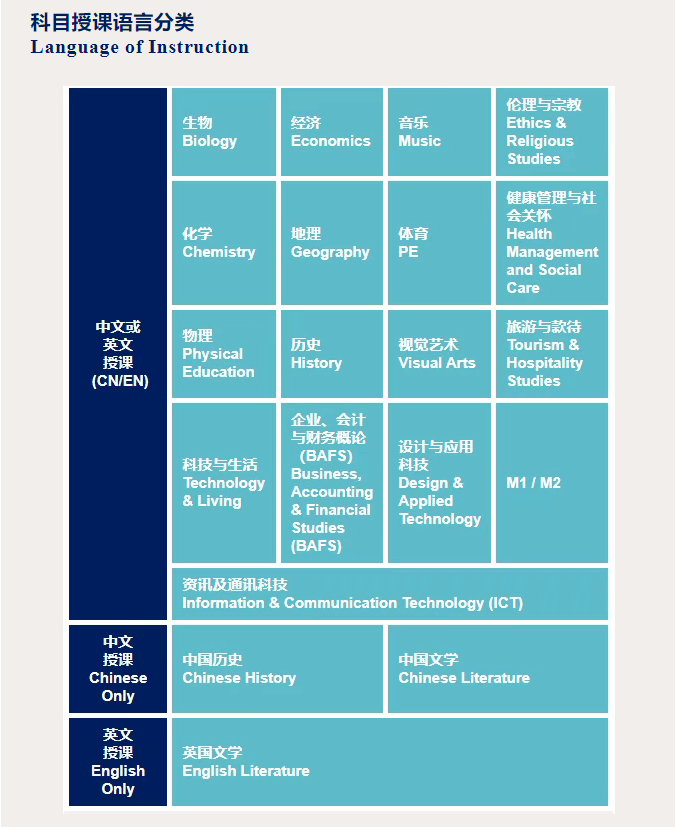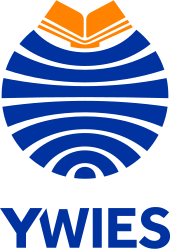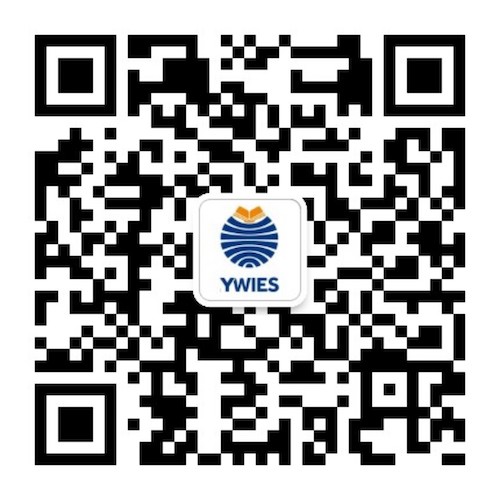Go Back
News
Wechat News
DSE Programme Episode 18
Wechat News
08 Jul, 2025
16 : 29
The Hong Kong Diploma of Secondary Education (DSE) is an important pathway for many students to gain admission to their ideal universities. For students interested in pursuing higher education through the DSE, it is crucial to understand the DSE subject structure, examination rules, and how to choose subjects. This article will provide a detailed interpretation of DSE subject categories and introduce the DSE curriculum offered at YWIES Tongxiang, hoping to offer guidance for your pathway to higher education.
DSE Subject Categories
Parents often hear schools mention how many Category A DSE subjects they offer. But what about Category B subjects? Is there a Category C? In fact, the Hong Kong Diploma of Secondary Education (DSE) consists of three main subject categories:
-
Category A: Senior Secondary Subjects
-
Category B: Applied Learning Subjects
-
Category C: Other Language Subjects
Category A: Core and Elective Subjects
Most students focus on Category A subjects for university admission. The HKEAA periodically adjusts subject offerings based on demand. For example, Integrated Science and Combined Science were discontinued in the 2021/22 academic year due to low enrollment.
For the 2025 DSE, there are 26 Category A subjects:
-
4 compulsory core subjects (Chinese, English, Mathematics, Liberal Studies/Citizenship and Social Development)
-
22 electives (with some restrictions)
Category B: Applied Learning Subjects
These are practical, career-oriented courses with over 20 options, such as Food Services & Management and Food Science & Technology.
Grading follows three levels:
-
Attained
-
Attained with Distinction (I)
-
Attained with Distinction (II)
While Hong Kong universities do not consider Category B subjects for admissions, they provide valuable skills for students pursuing vocational pathways.
Category C: Other Language Subjects
These cover less commonly taught languages, such as certain regional languages. The Hong Kong Examinations and Assessment Authority (HKEAA) does not administer these exams directly—students must take external exams and apply for certification. In 2024, only 881 students obtained such certifications.
Mathematics Extended Modules:
-
M1 (Calculus & Statistics)
-
M2 (Algebra & Calculus)
Students may choose one, but not both, as an elective. Excluding these, there are 20 elective options.

Some subjects, such as Ethics & Religious Studies and Health Management & Social Care, have lower enrollment due to their specialized nature. In 2024, only 900 students took Ethics & Religious Studies, while 1,200 chose Health Management & Social Care.
DSE Programme
Q1 What DSE subjects does YWTX offer?
When designing our elective subjects, we consider:
-
Teacher expertise
-
Resource availability
-
Student demand
-
Relevance to university pathways
Given our strengths in business education (due to our experience with A-Level Economics) we offer:
-
Sciences: Chemistry, Physics
-
Business: Economics
-
Mathematics Extension: M2
Why M2 instead of M1?
-
More students take M2 (6,091 in 2024 vs. 3,135 for M1)
-
Higher top-grade rate (37% achieved Level 5+ in M2 vs. 29.6% in M1)
Q2 What if my child wants a subject not offered?
For students interested in humanities subjects not currently available, we provide:
-
Personalized tutoring
-
Access to the Yew Chung Yew Wah (YCYW) network (which offers a wider range of DSE subjects)
-
Regular curriculum reviews to adjust offerings based on demand
Q3 Are there "special talent" admission pathways in DSE?
Unlike the Chinese Mainland, Hong Kong universities do not have special talent admissions based on sports or arts achievements. While DSE offers PE and Visual Arts, these are exam-based (testing theory, rules, and analysis rather than practical performance).
YWIES Tongxiang DSE Programme
Guided by the educational philosophy of "student-centered development," we continuously refine our curriculum system and integrate high-quality educational resources to provide students with the most competitive academic pathways.
-




